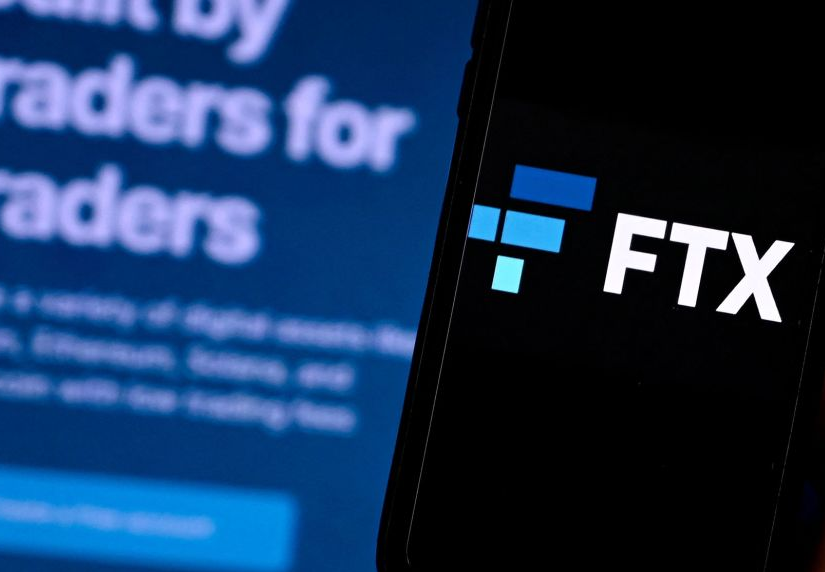TL;DR
- Backpack Exchange claims to have acquired FTX EU for $32.7 million, but ownership remains disputed due to complex legal and procedural issues across multiple jurisdictions.
- FTX asserts that 100% of FTX EU shares are still controlled by its subsidiary, FTX Europe AG, and insists the transfer has not been officially finalized or legally recognized.
- The Cyprus Securities and Exchange Commission approved the transaction in 2023, but FTX argues it has not been legally completed, raising concerns about regulatory and international compliance standards.
The fate of the European unit of the former cryptocurrency platform FTX, founded by Sam Bankman-Fried, has once again sparked heated controversy. Backpack Exchange, a cryptocurrency trading platform based in Dubai and established by former employees of FTX and Alameda Research, announced its acquisition of FTX EU for $32.7 million with the intention of significantly expanding its derivatives offerings in Europe. However, according to the U.S.-based FTX administration, currently in bankruptcy proceedings, the situation is far from being resolved or straightforward.
In a statement issued this week, FTX declared that 100% of FTX EU’s share capital still belongs to FTX Europe AG, a direct subsidiary of FTX. It emphasized that the transfer of shares to Backpack’s co-founders, Patrick Gruhn and Robin Matzke, has yet to be finalized. Conversely, Backpack asserts that the deal was closed in May, citing the agreed payments made to the FTX bankruptcy estate and securing approval from the Cyprus Securities and Exchange Commission (CySEC) last month as evidence.
Key Differences Between the Versions
The dispute revolves around compliance with the court-approved sales agreement and the fulfillment of obligations tied to the transaction. While Backpack insists that it has met all requirements, including notifying FTX’s legal team about the Cypriot regulator’s approval, FTX contends it has not received an official response and continues to question the transaction’s legality and enforceability.
This conflict has critical implications for the cryptocurrency industry, as it underscores the complexity of managing international assets under fragmented legal frameworks, which often vary significantly by jurisdiction. Although CySEC has validated the transaction, FTX maintains that until the shares are formally transferred, the sale cannot be considered legally binding or complete.

As both parties await a decisive resolution, market analysts and stakeholders are carefully monitoring the potential legal, financial, and commercial outcomes of this prolonged dispute. For now, it is evident that the uncertain fate of FTX EU highlights the ongoing regulatory challenges faced by the cryptocurrency sector, particularly in cases involving cross-border operations, international bankruptcy procedures, inconsistent legal harmonization, and the growing need for transparent processes to safeguard investor interests and ensure compliance across diverse regulatory frameworks.


